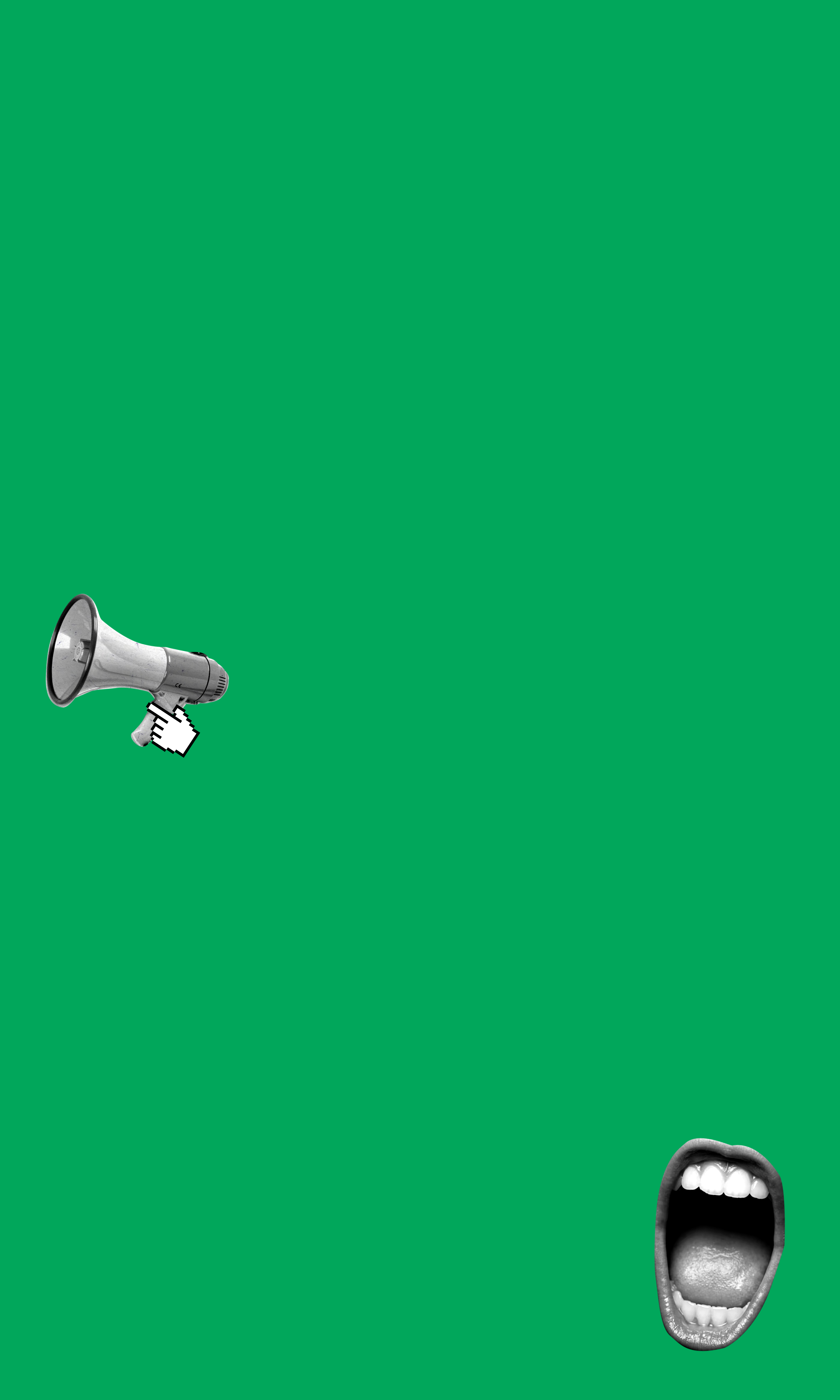NEW REPORT: Internet freedom classified as free in the Netherlands
Global internet freedom declined for the 14th consecutive year as conditions deteriorated in 27 countries and improved in 18 others, according to Freedom on the Net 2024: The Struggle for Trust Online. The report released on October 16, 2024 by Freedom House found that internet freedom in the Netherlands is free. It was the first time the country was covered by the index, with Bits of Freedom as its report author.
- 22 oktober 2024
Key developments in The Netherlands (June 1, 2023 - May 31, 2024)
Internet freedom in the Netherlands was robust during the coverage period due to strong access rates, limited website blocking, and proportional laws regulating online content. However, there were concerns about the legal intimidation of online journalists and the increased scope of the state’s surveillance authority, which has been used to monitor activists.
Key developments:
- During the coverage period, the government began transposing the Digital Services Act (DSA), a European Union (EU) law, into the country’s national legal framework. The act creates a notice-and-action regime for illegal content and imposes a range of transparency and risk-mitigation obligations on platforms and search engines. In February 2024, the Authority for Consumers and Markets (ACM) was appointed as the digital services coordinator under the DSA.
- In October 2023, the Dutch parliament passed a second motion urging the government to reject EU-level legislation that would introduce encryption-breaking measures such as device-side scanning and back doors in encrypted services.
- In March 2024, the parliament adopted the Temporary Cyber Operations Act, which provides intelligence services with additional interception powers. Some government officials and members of civil society argued that these powers are excessive.
Key global report findings
The report found that governments in at least 25 of the 72 countries under analysis cut off internet access, restricted access to social media platforms, or blocked websites hosting political, social, and religious speech during electoral periods, often with the intention of shaping the results.
Outside of electoral periods, internet users were arrested in at least 56 countries due to their political, social, or religious expression. People were physically attacked or killed in retaliation for their online activities in a record high of at least 43 countries. Some of the most serious abuses took place in the context of armed conflicts. Internet shutdowns amid such fighting plunged civilians into information vacuums, prevented journalists from reporting on the violence, and hampered the delivery of lifesaving aid.
Key global findings:
- Global internet freedom declined for the 14th consecutive year. Protections for human rights online diminished in 27 of the 72 countries covered by Freedom on the Net 2024, with 18 earning improvements. Kyrgyzstan suffered the largest score decline (−4) on the report’s 100-point scale, followed by Azerbaijan (−3), Belarus (−3), Iraq (−3), and Zimbabwe (−3). In contrast, internet freedom improved the most in Zambia (+3), as space for online activism opened.
- Myanmar and China ranked as the world’s worst environments for internet freedom. Myanmar declined (−1) to tie with China for the worst total score in the report (9), marking the first time any country has ranked as low as China in a decade. Myanmar’s military has conducted a brutally violent crackdown on dissent since seizing power in a 2021 coup, using an extensive censorship and surveillance system to suppress criticism and jailing thousands of people for their online speech.
- Voters’ ability to make informed decisions and fully participate in the electoral process was undermined by censorship and content manipulation. In at least 25 of the 41 countries under study that held or prepared for nationwide elections during the report’s coverage period, governments blocked websites hosting political, social, and religious speech; restricted access to social media platforms; or cut off internet connectivity altogether. In at least 21 of the 41 countries, progovernment commentators manipulated online information, often promoting falsehoods about the democratic process itself. Meanwhile, partisan efforts to delegitimize independent fact-checkers and researchers chilled their crucial work.
- Campaigns and propagandists used generative AI during major elections. A largely unregulated environment for generative artificial intelligence (AI) allowed political campaigns to use the new technology in a variety of ways, ranging from innocuous to highly deceptive. Generative AI tools were employed by parties and candidates to churn out appealing memes, mock political opponents, reach more diverse audiences, and even bypass state censorship in the most authoritarian settings. In the more concerning cases, malign actors used generative AI to create false and misleading information, augmenting older methods of content manipulation. However, the practical difficulty of identifying and analyzing generative AI campaigns has contributed to a major research gap in understanding the technology’s impact.
- Many governments took steps aimed at addressing an unreliable information space during their electoral periods, with mixed results for internet freedom. The interventions included enforcing rules related to online content, supporting fact-checking and digital literacy initiatives, and adopting new guidelines to limit the use of generative AI in campaigning. While some measures failed to adequately protect free expression and access to diverse information, the most promising models came from South Africa, Taiwan, and the European Union.
On the report
The report identifies steps that policymakers, regulators, and tech companies can adopt to foster internet freedom. Click here to read the full reportRead the full report and policy recommendations and policy recommendations.
Freedom on the Net is an annual study of human rights in the digital sphere. The project now assesses internet freedom in 72 countries, accounting for 87 percent of the world’s internet users. This report, the 14th in its series, covered developments between June 2023 and May 2024. More than 95 analysts and advisers contributed to this year’s edition, using a standard methodology to determine each country’s internet freedom score on a 100-point scale, with 21 separate indicators pertaining to obstacles to access, limits on content, and violations of user rights. The Netherlands report can be found here.


